Kanilev injection belongs to a class of medications called amino acids, which contains an active ingredient called levocarnitine. It is a protein used to treat carnitine deficiency in adults, children, infants, and newborns. It is also indicated to prevent and treat carnitine deficiency in end-stage renal disease patients undergoing dialysis. Carnitine deficiency happens when the body lacks Kanilev injection. This medicine replenishes this protein, providing energy to the body. Before starting the treatment, inform your doctor about all the underlying medical conditions.
Do not consume Kanilev injection if you are allergic to it or any of the other substances of the medicine. Before taking this medicine, talk to your doctor if you have severe kidney problems or are undergoing dialysis. Additionally, if you have diabetes and are using insulin or other diabetes medications, or if you are taking anticoagulant medicine like warfarin or other blood clot-reducing drugs. Notify your doctor if you are pregnant, think you might be pregnant, or become pregnant while using this injection. Your doctor will decide if you should keep taking the medicine. If you plan to breastfeed, ask your doctor for advice.
Therapeutic Effects of Kanilev Injection
Pregnancy
Do not consume Kanilev injection during pregnancy unless your doctor advises it. Notify your healthcare professional if you are pregnant or planning to have a baby think you may be pregnant.
Breast Feeding
Do not consume Kanilev injection during breastfeeding unless your doctor advises. So, before starting the treatment, inform your doctor if you are breastfeeding. Contact your doctor for more information.
Lungs
It is unknown whether Kanilev injection is safe for patients with lung problems. Inform your physician if you have any lung disease before starting the treatment. Contact your doctor if you experience any lung-related symptoms.
Liver
It is unknown whether Kanilev injection is safe for patients with liver problems. Inform your physician if you have any liver disease before starting the treatment. Contact your doctor if you experience any liver-related symptoms.
Alcohol
It is unknown whether consuming alcohol while taking Kanilev injection is safe. Please speak with your physician.
Driving
Kanilev injection doesn't alter the driving or operating ability.
Common
- Mild stomach upset
- Nausea
- Vomiting
- Body odor
Consult your medical professional regarding the use of Kanilev injections during pregnancy. The potential benefits and risks should be carefully assessed. Your doctor will suggest taking this medicine only if it's necessary.
Kanilev injection will be administered to you by a healthcare professional in a hospital setting. Do not self-administer. It is usually administered in a vein (intravenous). Your doctor will decide the dose, route of administration, and frequency based on your disease condition and other factors.
The most common side effects of Kanilev injection are mild stomach upset, nausea, vomiting, and body odor. Contact your doctor immediately if you experience any side effects.
If you have diabetes and are using insulin or other diabetes medications, you should consult your doctor before taking Kanilev injection.
Kanilev injection works by helping the body use fats for energy. It transports fatty acids into the cells' energy-producing centers (mitochondria), which are converted into usable energy. This process is particularly important for organs like the heart and muscles that rely heavily on energy from fats. It ensures that the body efficiently processes fats, supporting energy production and overall function.
| Molecule Name: Levocarnitine | Therapeutic class: Nutritional supplements |
| Pharmacological class: Amino acids | Indications: 1. Treat primary carnitine deficiency in adults, children, infants, and newborns. 2. Prevent and treat secondary carnitine deficiency in end-stage renal disease patients undergoing dialysis. |






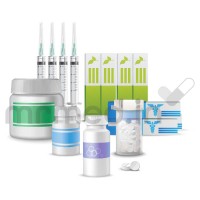
-200x200.jpg)
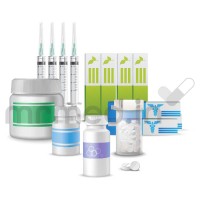
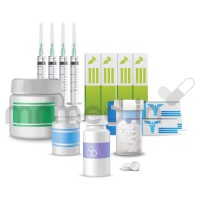
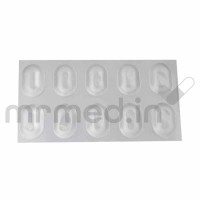

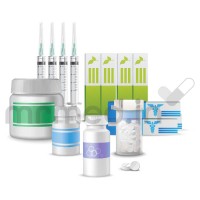
-200x200.jpg)

-200x200.jpg)